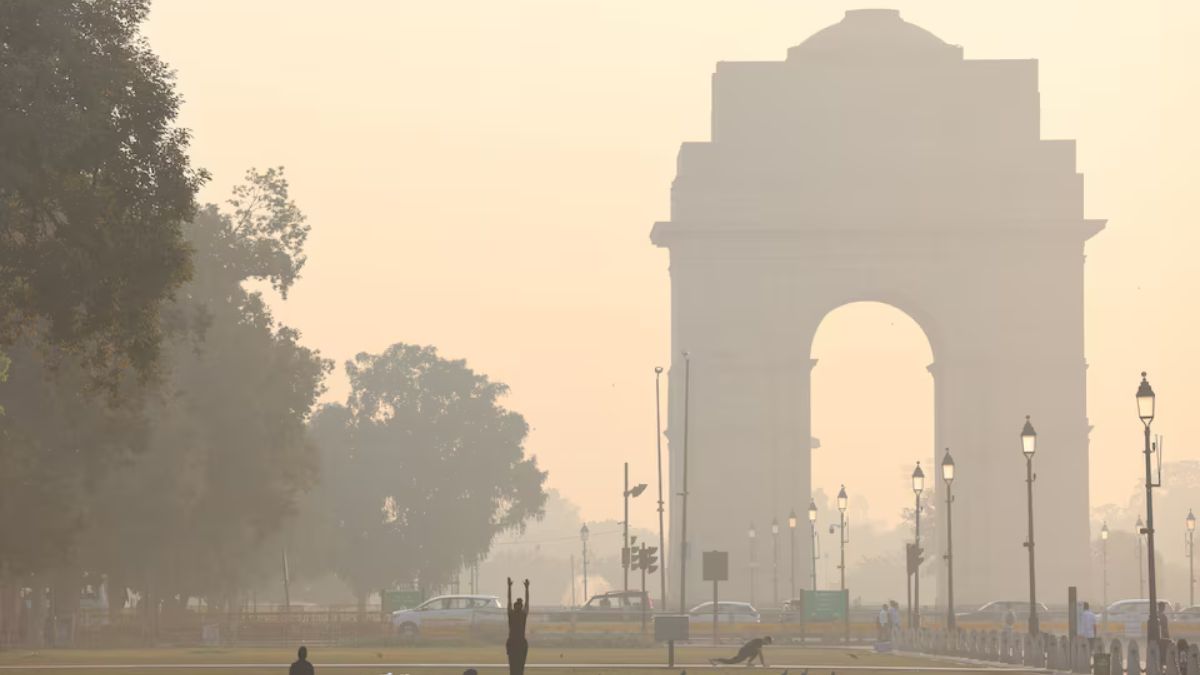A summer spike: What made Delhi AQI levels rise this week?

Usually perceived as a winter struggle, Delhi's residents have again found themselves grappling with poor air pollution. The Air Quality Index (AQI) on Friday breached the 300 mark at 7 AM, which falls in the 'very poor' category, as per data from the Central Pollution Control Board (CPCB).
The air quality improved during the day with an AQI of 278 having been recorded at 4 PM, as per the CPCB's data.
An AQI of 0-50 is considered 'good', 51-100 is 'satisfactory', 101-200 'moderate', 201-300 'poor', 301-400 'very poor', and between 401 and 500 is considered 'severe'.
What caused this unusual winter AQI spike?
According to Dr Anju Goel, an AQI expert and associate director at The Energy and Resources Institute (TERI), the spike is “primarily driven by dust storms”.
“Since the past few days, there has been a rise in the wind speed. This brings in a significant amount of dust from Rajasthan."
According to Goel, this happens every summer, when the pressure gradient builds up as the monsoon winds approaches the Southern part of the Indian subcontinent and the pressure is low in Northern India.
Notably, this phenomenon takes place every summer, but doesn't come into notice often.
"The temperature is very high and on most days, the dispersion condition is really good. So on most days, we have good AQI," Goel said.
ALSO READ | World Asthma Day 2025: Rising air pollution, poor urban planning fuel asthma surge in metro cities
She explained that the major sources of air pollution in summers and winters remained the same, such as transportation and industries.
"However, there is more dust during this time of the year. In fact, notably, there's more agri residue burning during summers compared to winters, but AQI is better on more days because the temperature is high so the pollutants don't settle down."
Although air quality remains poor, good days are ahead.
"The air condition is set to improve soon as the rain arrives in the Indian subcontinent. The pollution, then, will settle," the expert concluded.
Health